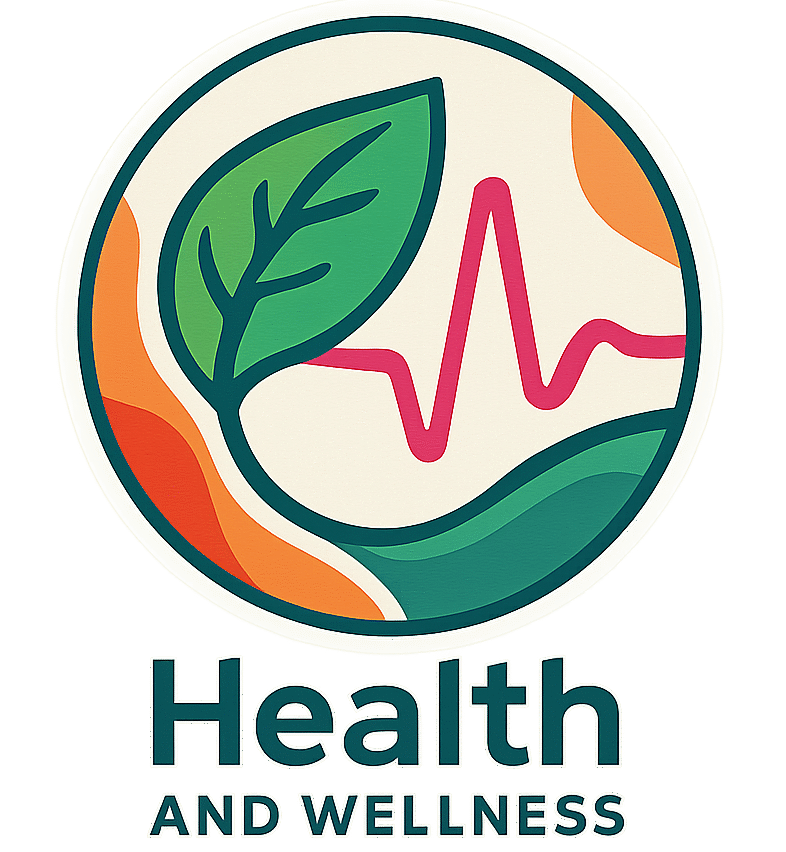Your mental health influences how you think, feel, and act every single day. It shapes the way you handle stress, relate to others, make decisions, and take care of yourself.
When your mind feels balanced and calm, daily life feels lighter and more manageable. But when your mental health is struggling, even simple tasks — like getting out of bed, focusing at work, or staying positive — can feel like a challenge.
Let’s look at how mental health impacts different areas of everyday life, and how to bring balance back.
💬 1. Your Emotions
Mental health affects how you process emotions. When you’re mentally healthy, you can manage feelings like sadness, anger, or fear without becoming overwhelmed.
But when stress, anxiety, or depression take over, your emotions can feel unpredictable or hard to control.
How it shows up:
- Mood swings or irritability
- Feeling numb or detached
- Overreacting to small problems
- Difficulty finding joy or motivation
💡 Tip: Practice mindfulness or journaling to release emotions safely instead of bottling them up.
💭 2. Your Thinking and Focus
A healthy mind helps you stay organized, concentrate, and make decisions clearly.
Poor mental health can make your thoughts feel foggy or scattered — like your brain is constantly running but getting nowhere.
How it shows up:
- Trouble concentrating or remembering details
- Feeling easily distracted or forgetful
- Overthinking or racing thoughts
💡 Tip: Take short breaks throughout your day, drink water, and get enough sleep — your brain needs rest to think clearly.
❤️ 3. Your Relationships
When your mental health suffers, it can strain your connections with others. You might pull away, argue more, or feel misunderstood.
On the other hand, good mental health helps you communicate clearly and build stronger, healthier relationships.
How it shows up:
- Avoiding friends or family
- Difficulty expressing emotions
- Feeling lonely even when you’re not alone
💡 Tip: Reach out — connection heals. Talking to a friend, counselor, or support group can make a big difference.
⚙️ 4. Your Productivity and Motivation
Your mental state directly affects your energy and motivation. When you’re emotionally drained, tasks that used to feel easy can suddenly seem impossible.
How it shows up:
- Procrastination or loss of interest in work
- Feeling tired no matter how much you rest
- Low self-confidence or self-doubt
💡 Tip: Break big tasks into smaller goals. Celebrate progress — even the little steps count.
🩺 5. Your Physical Health
Your body and mind are deeply connected. Stress and anxiety can lead to physical symptoms like headaches, muscle tension, digestive issues, or heart problems.
Chronic stress also weakens your immune system, making you more likely to get sick.
💡 Tip: Move your body daily. Exercise, fresh air, and balanced meals all support both your physical and mental health.
🌞 Finding Balance and Healing
Taking care of your mental health doesn’t mean being happy all the time — it means creating balance and learning to manage life’s ups and downs with compassion.
Ways to strengthen mental well-being:
- Get enough sleep and rest
- Practice gratitude and positive thinking
- Spend time in nature or do something creative
- Seek professional help when needed — therapy is strength, not weakness
“When you nurture your mind, you nurture your life. A peaceful mind creates a peaceful world around you.”
